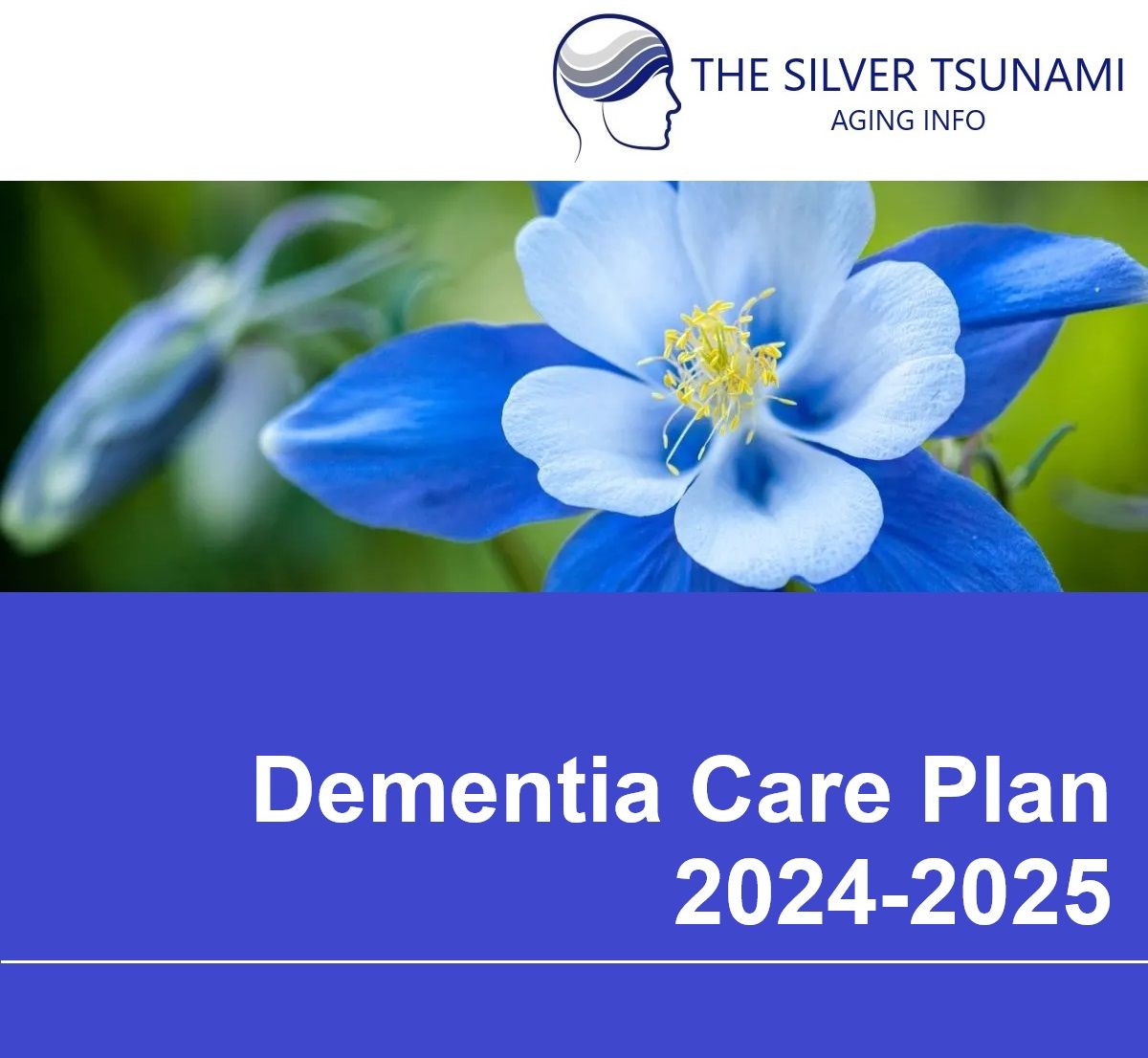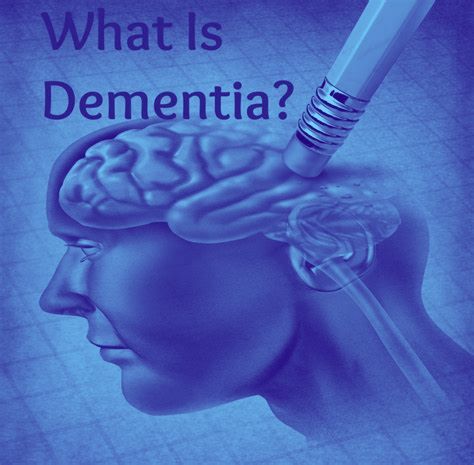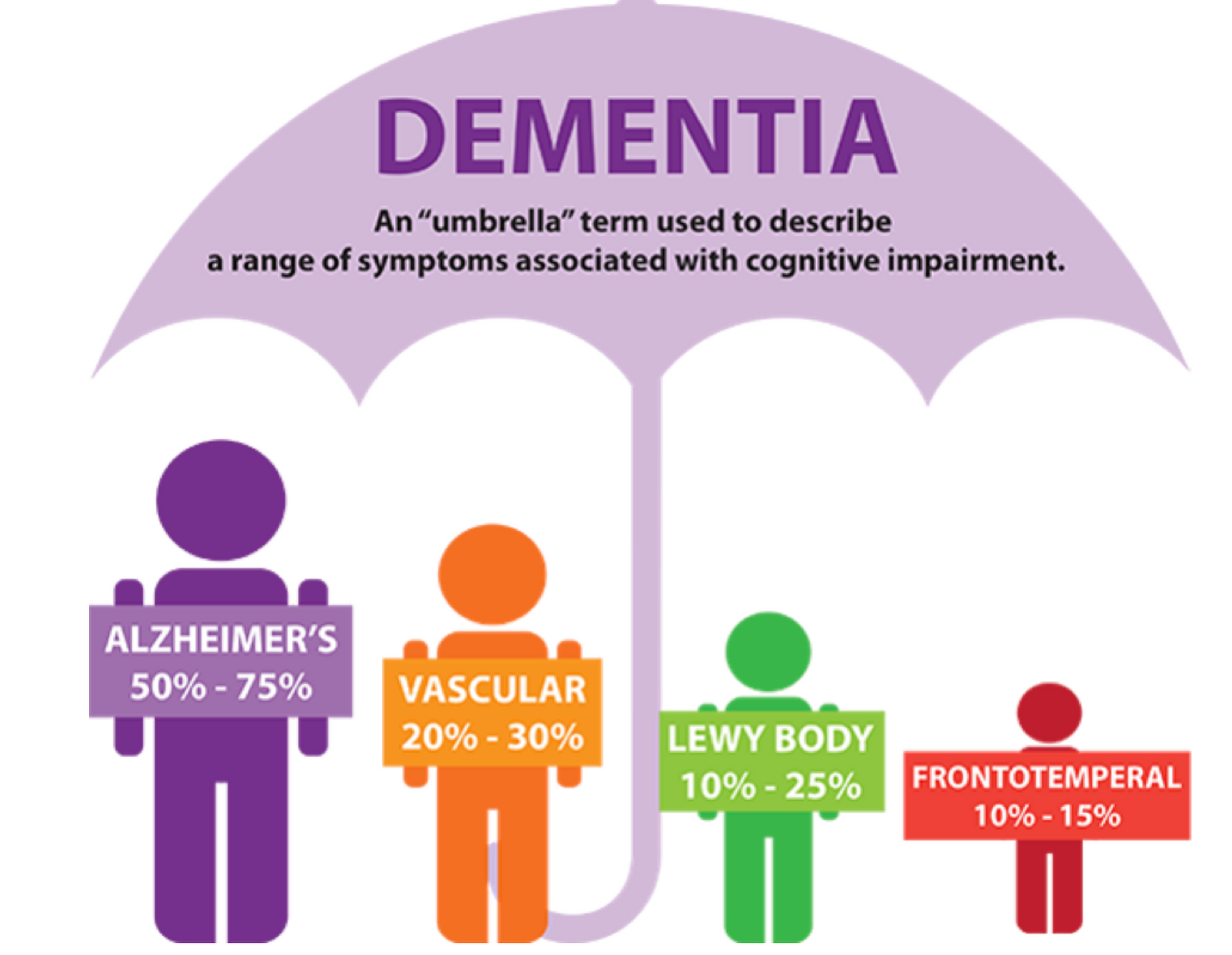A Guide to Reversing Cognitive Decline and Enhancing Brain Health
Unlocking the Secrets: A Guide to Reversing Cognitive Decline and Enhancing Brain Health
Are you feeling forgetful? Struggling to focus? It's time to unlock the secrets to reversing cognitive decline and enhancing your brain health. In this comprehensive guide, we will explore the strategies and techniques that can help you regain clarity and improve your mental agility.
Your brain is a powerful organ, and with the right approach, you can optimize its function and protect it from the effects of aging. We'll delve into the latest research and scientific insights to uncover the most effective methods of restoring cognitive abilities and maintaining brain health.
From nutrition and exercise to stress management and cognitive training, this guide covers a wide range of strategies that can make a significant difference in your brain function. We'll provide practical tips and actionable steps to help you implement these changes into your daily routine.
Whether you're a student looking to enhance your learning abilities or an older adult wanting to prevent cognitive decline, this guide is for you. Join us as we unravel the mysteries of the brain and discover how you can unlock its full potential.
Understanding cognitive decline and brain health
Cognitive decline refers to the gradual deterioration of cognitive abilities, which includes memory, attention, reasoning, and problem-solving skills. This decline can manifest in various ways, such as forgetfulness, difficulty concentrating, and challenges in carrying out daily tasks. Understanding cognitive decline is crucial for identifying effective strategies to combat it and enhance overall brain health. The brain, with its intricate network of neurons and synapses, is responsible for processing information and enabling us to think, learn, and remember. As we age, these processes can become compromised, highlighting the importance of proactive measures to maintain cognitive function.
Brain health is a holistic concept that encompasses the physical, mental, and emotional well-being of our cognitive faculties. It is influenced by a multitude of factors, including genetics, lifestyle choices, and environmental influences. Maintaining optimal brain health is essential not only for preventing cognitive decline but also for enhancing our quality of life. Research continues to uncover the complexities of brain function, revealing that our daily habits and choices play a significant role in shaping our cognitive trajectory. By understanding the underlying mechanisms of cognitive decline, we can better equip ourselves to implement effective interventions.
The brain's plasticity, or its ability to adapt and reorganize itself, offers hope for reversing cognitive decline. Neurogenesis, the process of generating new neurons, can occur throughout our lives, particularly in response to enriched environments and stimulating activities. This adaptability underscores the importance of engaging in practices that challenge the brain and promote cognitive resilience. By exploring the factors that influence cognitive decline and implementing strategies to enhance brain health, we can take proactive steps toward preserving our mental acuity and overall well-being.
The impact of cognitive decline on daily life
Cognitive decline can profoundly affect an individual’s daily life, influencing everything from personal relationships to professional performance. For many, the early signs of cognitive decline manifest as minor lapses in memory, such as forgetting names or misplacing items. However, as these symptoms progress, they can lead to significant challenges in managing daily responsibilities. Tasks that once seemed straightforward can become increasingly difficult, resulting in frustration and a diminished sense of self-efficacy. This decline not only affects the individual but also places a strain on family and friends who may need to step in and provide support.
In the workplace, cognitive decline can hinder productivity and creativity, making it harder to meet deadlines or generate innovative ideas. As individuals grapple with attention deficits and slower processing speeds, they may find themselves less able to contribute fully to team projects or engage in complex problem-solving. The fear of being perceived as less capable can lead to heightened anxiety and self-doubt, further exacerbating the cognitive challenges faced. Moreover, decreased cognitive ability can affect decision-making skills, leading to potential errors that can have serious consequences in professional settings.
Social interactions can also suffer as cognitive decline progresses. Individuals may struggle to keep up with conversations, misinterpret social cues, or forget important details about friends and family members. This can lead to feelings of isolation and withdrawal, as social engagements become more daunting. The emotional toll of cognitive decline can contribute to mental health issues, such as depression and anxiety, creating a cycle that perpetuates further cognitive decline. Recognizing these impacts is essential for understanding the urgency of addressing cognitive health proactively and implementing strategies to mitigate decline.
Factors contributing to cognitive decline
Several factors contribute to cognitive decline, many of which are interconnected and can compound each other over time. One of the most significant factors is age; as we grow older, the risk of cognitive decline naturally increases. However, age alone does not determine cognitive health, as lifestyle choices and environmental factors play crucial roles as well. Chronic health conditions such as diabetes, hypertension, and cardiovascular disease are linked to an increased risk of cognitive impairment, highlighting the importance of managing overall health for brain function.
Another critical factor is genetics. While we cannot change our genetic predispositions, understanding our family history can help us identify potential risks and motivate proactive measures. Certain genetic markers have been associated with a higher likelihood of developing conditions like Alzheimer’s disease and other forms of dementia. Awareness of these risks can guide individuals toward healthier lifestyle choices and regular cognitive assessments to monitor changes in brain health over time.
Lifestyle choices, including diet, physical activity, and social engagement, have a profound impact on cognitive health. Sedentary behavior, poor dietary habits, and social isolation can all contribute to cognitive decline. For instance, diets high in saturated fats and sugars have been linked to inflammation and cognitive impairment, while regular exercise has been shown to promote neurogenesis and improve memory. By understanding these contributing factors, individuals can take actionable steps to mitigate their risk and promote cognitive resilience throughout their lives.
The role of lifestyle choices in brain health
Lifestyle choices play a pivotal role in maintaining and enhancing brain health. The decisions we make daily—ranging from what we eat to how much we move—can significantly influence our cognitive abilities. One of the most impactful lifestyle choices is our diet. Research indicates that a balanced diet rich in fruits, vegetables, whole grains, and healthy fats can help protect against cognitive decline. Nutrients such as omega-3 fatty acids, antioxidants, and vitamins are essential for brain function, supporting neuroplasticity and reducing inflammation.
Physical activity is another critical component of a brain-healthy lifestyle. Regular exercise improves blood flow to the brain, encourages the growth of new neurons, and enhances overall cognitive function. Studies have shown that even moderate exercise, such as walking or swimming, can lead to improvements in memory and attention. Furthermore, engaging in physical activity can also promote mental health, reducing symptoms of anxiety and depression that may otherwise contribute to cognitive decline.
Social engagement is equally important for brain health. Staying connected with friends and family can provide emotional support and intellectual stimulation, both of which are beneficial for cognitive function. Participating in group activities, volunteer work, or clubs can foster a sense of community and belonging, which is crucial for mental well-being. By prioritizing these lifestyle choices, individuals can create a robust foundation for brain health and significantly reduce their risk of cognitive decline over time.
Diet and nutrition for brain health
Diet plays a fundamental role in shaping brain health and can either support or hinder cognitive functioning. A well-rounded diet emphasizing whole, nutrient-dense foods is essential for providing the brain with the fuel it needs to operate effectively. Foods rich in antioxidants, such as berries and leafy greens, help combat oxidative stress, which can damage brain cells over time. Additionally, incorporating sources of omega-3 fatty acids, such as fatty fish, walnuts, and flaxseeds, can support neuronal health and improve memory.
The Mediterranean diet has gained attention for its potential cognitive benefits. This dietary pattern emphasizes whole grains, fruits, vegetables, healthy fats (like olive oil), and lean proteins, particularly fish. Research suggests that adherence to the Mediterranean diet is associated with a reduced risk of cognitive decline and dementia. The combination of anti-inflammatory foods and healthy fats in this diet not only nurtures brain cells but also supports cardiovascular health, which is closely linked to cognitive function.
Hydration is often overlooked but is equally important for maintaining cognitive health. Dehydration can impair concentration, memory, and overall cognitive performance. It is essential to drink enough water throughout the day and to consider hydrating foods like fruits and vegetables as part of a balanced diet. By prioritizing nutrition and making informed dietary choices, we can create a supportive environment for our brains, enhancing our cognitive abilities and overall well-being.
Exercise and physical activity for cognitive enhancement
Engaging in regular physical activity is one of the most effective strategies for enhancing cognitive function and combating cognitive decline. Numerous studies have established a strong link between exercise and improved brain health, demonstrating that physical activity can lead to increased neurogenesis, improved mood, and enhanced cognitive abilities. The mechanisms behind these benefits involve increased blood flow to the brain, the release of neurotrophic factors, and the reduction of inflammation, all of which contribute to a healthier brain environment.
Aerobic exercises, such as running, swimming, and cycling, are particularly beneficial for cognitive enhancement. These activities increase heart rate and promote the circulation of oxygen-rich blood to the brain, which is essential for optimal brain function. Research has shown that individuals who engage in regular aerobic exercise tend to perform better on cognitive tests and may experience a slower rate of cognitive decline as they age. Furthermore, incorporating strength training exercises can also be advantageous, as they contribute to overall health and well-being.
Beyond structured workouts, incorporating physical activity into daily routines can further support cognitive health. Simple actions like walking or taking the stairs can make a difference. Group activities, such as dancing or sports, not only provide physical benefits but also offer social engagement, which is vital for mental well-being. By prioritizing regular physical activity, individuals can enhance their cognitive resilience, improve their mood, and enjoy a better quality of life.
Mental stimulation and cognitive exercises
Mental stimulation is crucial for maintaining cognitive health and enhancing brain function. Engaging in activities that challenge the brain can encourage neuroplasticity, helping to build and strengthen neural connections. Cognitive exercises, such as puzzles, crosswords, and memory games, can promote problem-solving skills and enhance memory retention. These activities not only keep the mind sharp but also provide a sense of accomplishment and satisfaction.
In addition to structured cognitive exercises, incorporating new learning experiences into daily life can be highly beneficial. Taking up a new hobby, learning a musical instrument, or exploring a new language can stimulate the brain and foster cognitive growth. These activities require focus, practice, and the application of new skills, all of which contribute to cognitive enhancement. Moreover, engaging in discussions, reading books, or attending lectures can provide valuable mental stimulation and expand knowledge.
Social interactions also play a vital role in mental stimulation. Engaging in conversations, participating in group activities, or joining clubs can challenge the brain and promote cognitive engagement. Sharing ideas, debating viewpoints, and collaborating with others can enhance critical thinking and creativity. By prioritizing mental stimulation and actively seeking opportunities for cognitive challenges, individuals can maintain their cognitive abilities and potentially ward off the effects of aging on the brain.
Sleep and its importance for brain health
Sleep is a critical factor in maintaining cognitive health and overall brain function. During sleep, the brain undergoes essential processes that support memory consolidation, learning, and emotional regulation. Lack of adequate sleep can lead to cognitive impairments, such as decreased attention, memory lapses, and difficulty with problem-solving. Chronic sleep deprivation has been linked to an increased risk of cognitive decline and neurodegenerative diseases, underscoring the importance of prioritizing quality sleep.
The relationship between sleep and brain health is complex and multifaceted. During deep sleep, the brain clears out toxins that accumulate throughout the day, including beta-amyloid proteins associated with Alzheimer's disease. This cleansing process is essential for maintaining optimal cognitive function and preventing the development of neurodegenerative conditions. Additionally, sleep plays a vital role in emotional well-being, helping to regulate mood and reduce stress, which can further impact cognitive health.
To enhance sleep quality, individuals can adopt various strategies, such as establishing a consistent sleep schedule, creating a relaxing bedtime routine, and optimizing the sleep environment. Limiting screen time before bed and avoiding caffeine and heavy meals in the evening can also promote better sleep quality. By recognizing the importance of sleep for brain health and implementing healthy sleep habits, individuals can significantly enhance their cognitive function and overall well-being.
Strategies for improving brain health and reversing cognitive decline
Improving brain health and reversing cognitive decline requires a multifaceted approach that encompasses various lifestyle factors. First and foremost, maintaining a balanced diet rich in antioxidants, omega-3 fatty acids, and essential nutrients is crucial for supporting brain function. Incorporating foods such as leafy greens, berries, fatty fish, and whole grains can provide the necessary building blocks for optimal cognitive health. Additionally, staying hydrated is essential; drinking sufficient water daily can help maintain focus and cognitive performance.
Regular physical activity is another key strategy for enhancing brain health. Engaging in aerobic exercises, strength training, and flexibility exercises can not only improve physical fitness but also promote cognitive resilience. Aim for at least 150 minutes of moderate-intensity exercise each week, incorporating activities that elevate the heart rate and challenge the body. Finding enjoyable activities, whether through group classes or solo workouts, can help sustain a consistent exercise routine.
Mental stimulation and social engagement are equally important in the fight against cognitive decline. Challenge the brain with puzzles, games, or learning new skills, while also nurturing social connections through interactions with friends and family. Participating in community activities or clubs can foster a sense of belonging and provide the mental engagement needed for cognitive enhancement. By being proactive and incorporating these strategies into daily life, individuals can take control of their brain health and work toward reversing cognitive decline.
Conclusion: Taking control of your brain health
Taking control of your brain health is an empowering journey that involves understanding the factors influencing cognitive function and implementing proactive strategies. By recognizing the importance of diet, exercise, mental stimulation, and sleep, individuals can make informed choices that enhance their cognitive abilities and overall well-being. The journey to optimal brain health is not a one-size-fits-all approach; it requires a commitment to personalized strategies that fit one’s lifestyle and preferences.
As we age, it becomes increasingly vital to prioritize brain health, as cognitive decline can profoundly impact quality of life. However, by adopting healthy habits and engaging in stimulating activities, individuals can foster resilience and potentially reverse some effects of cognitive decline. The brain is adaptable, and with the right interventions, it can continue to flourish throughout life.
Ultimately, the key to unlocking the secrets of brain health lies in a holistic approach that encompasses physical, mental, and emotional well-being. By taking charge of your brain health today, you are investing in a brighter, sharper tomorrow. Embrace the journey, stay curious, and prioritize your cognitive wellness for a fulfilling and vibrant life.










